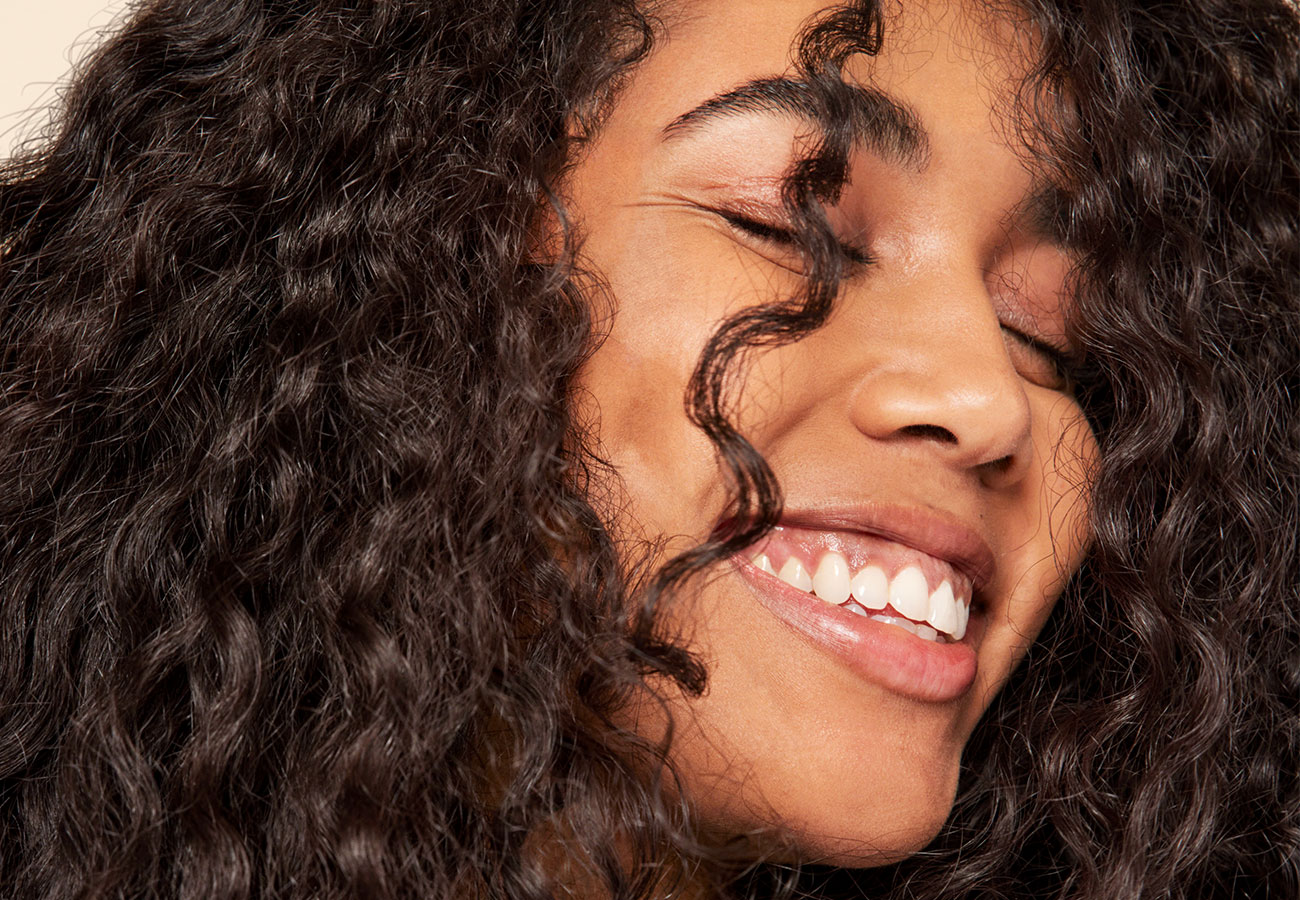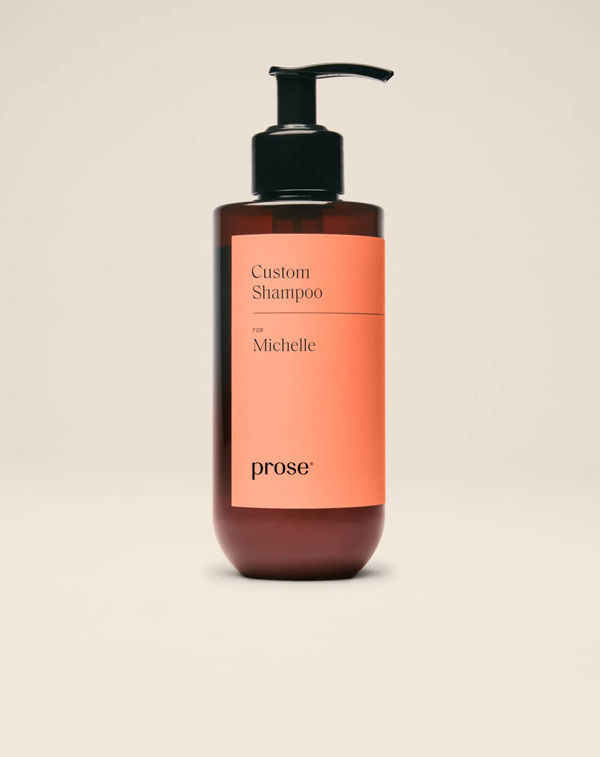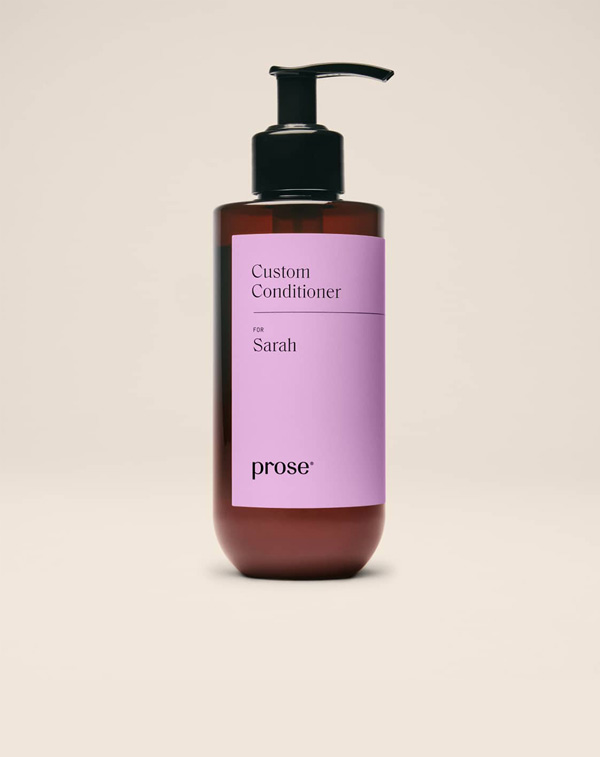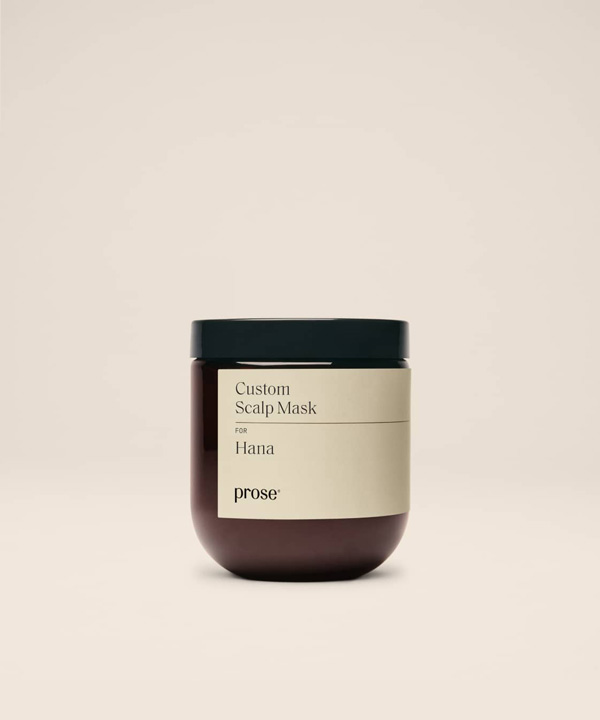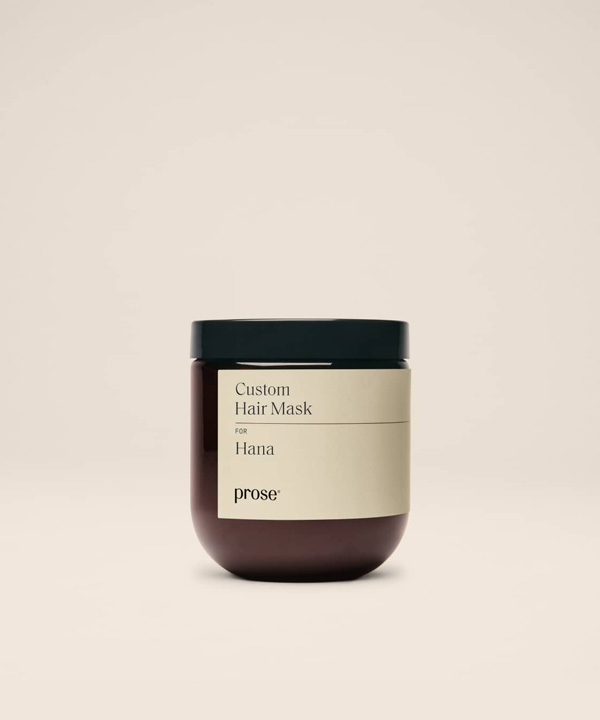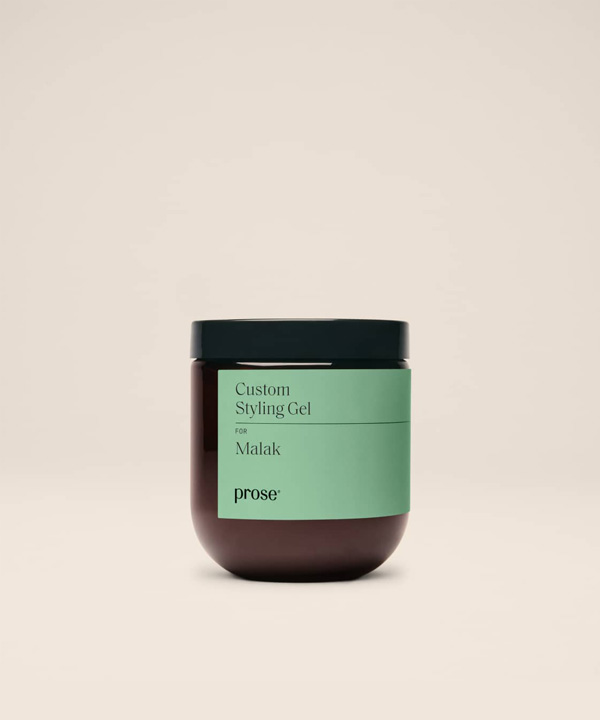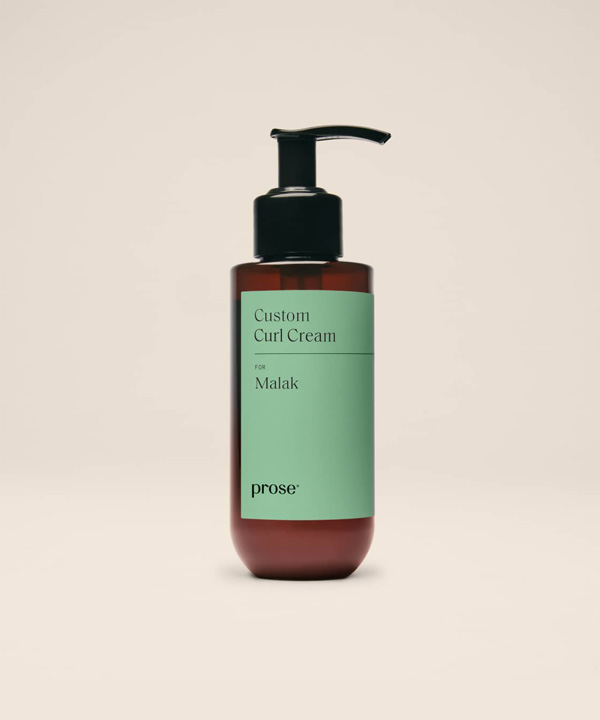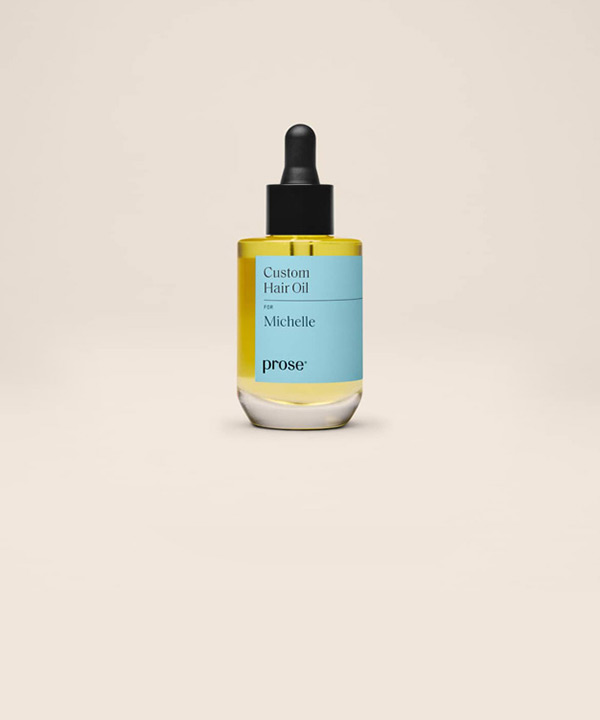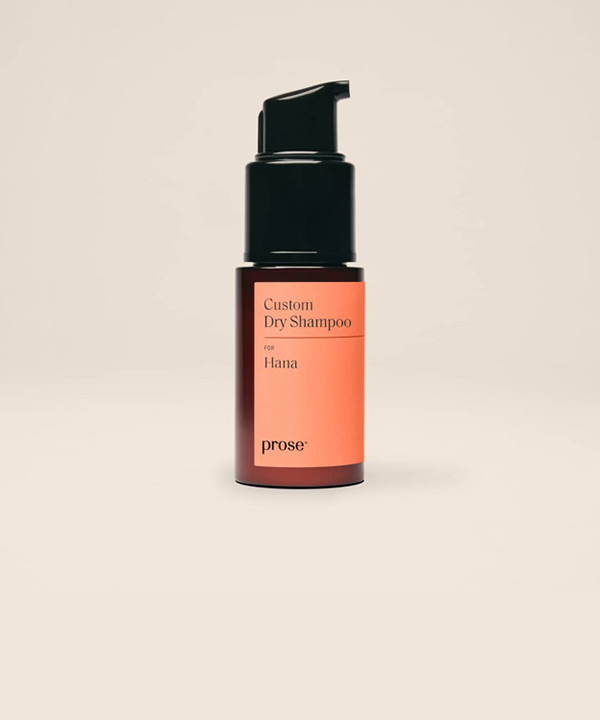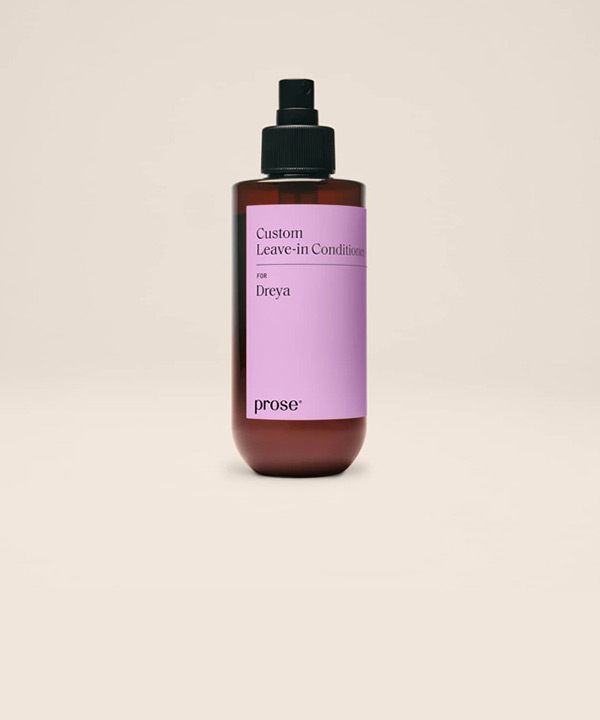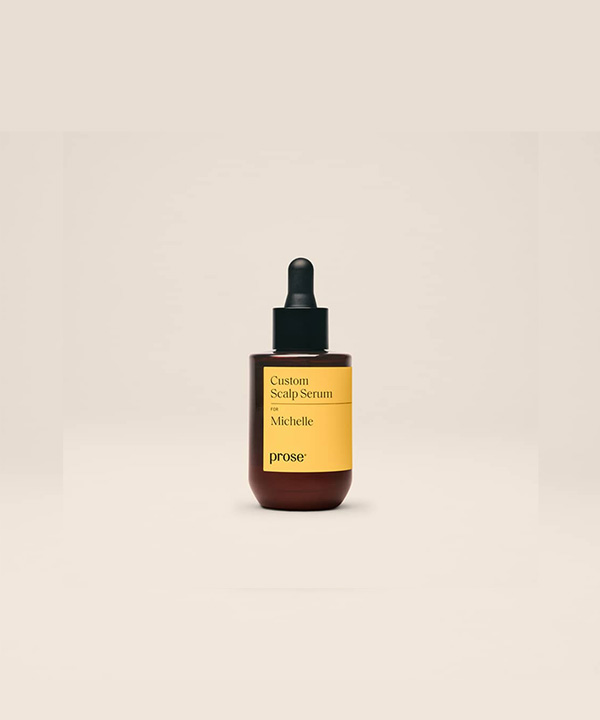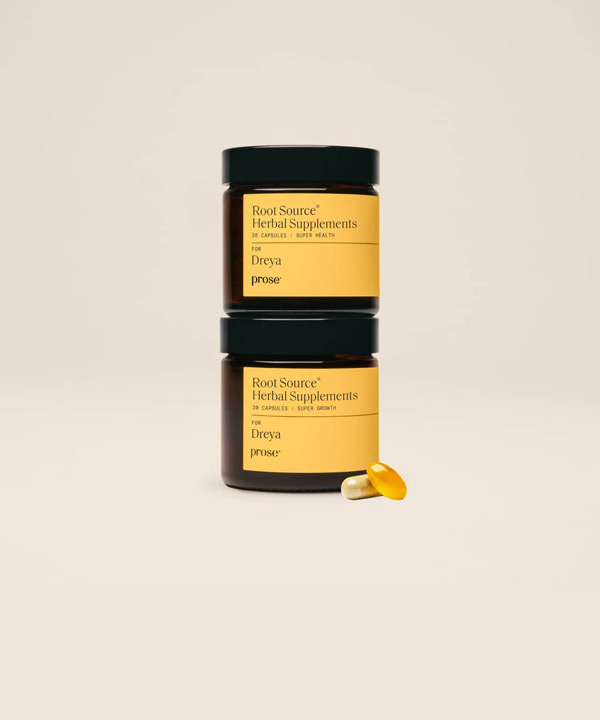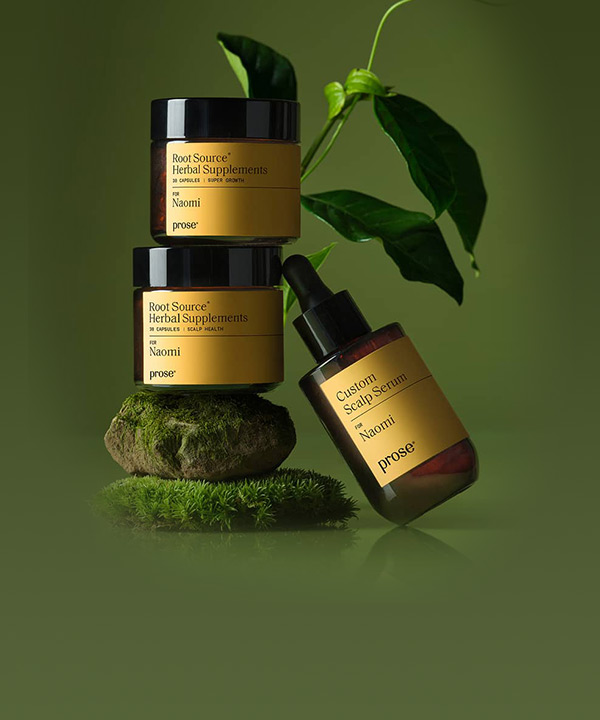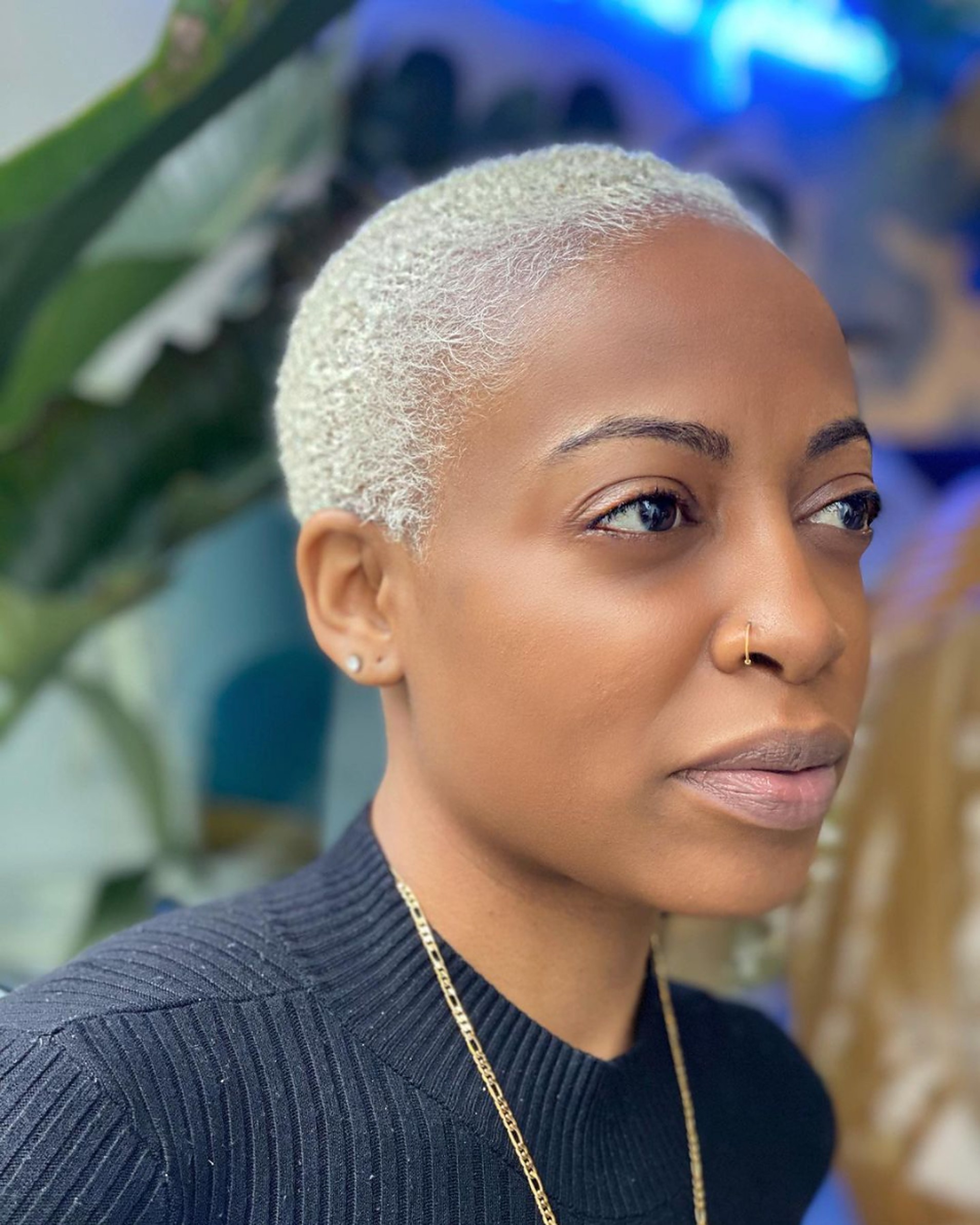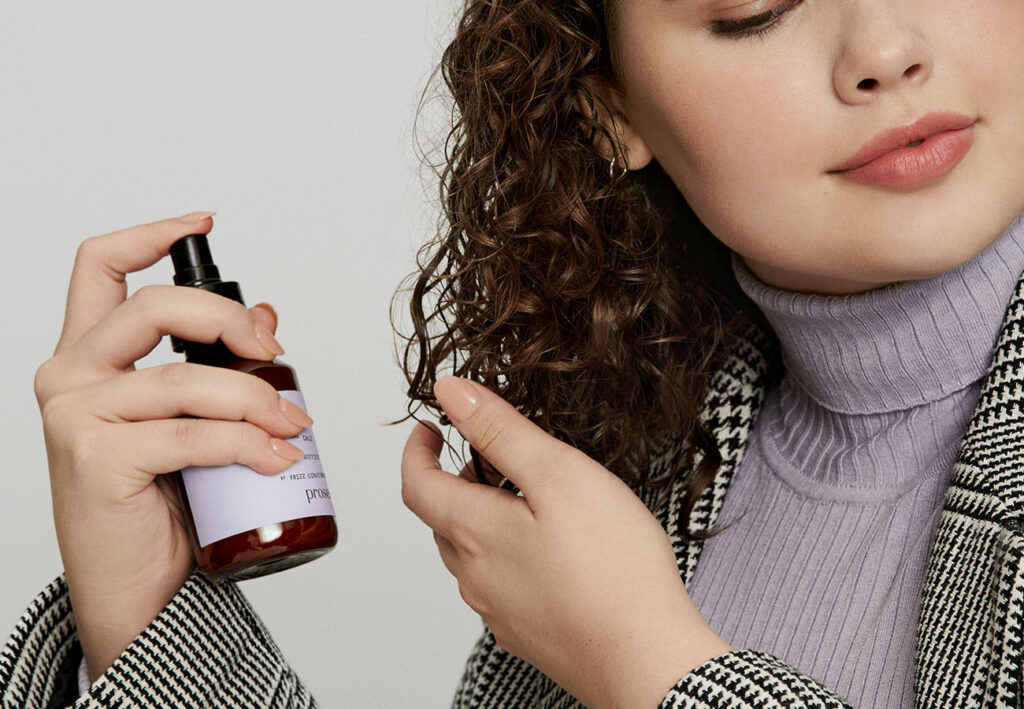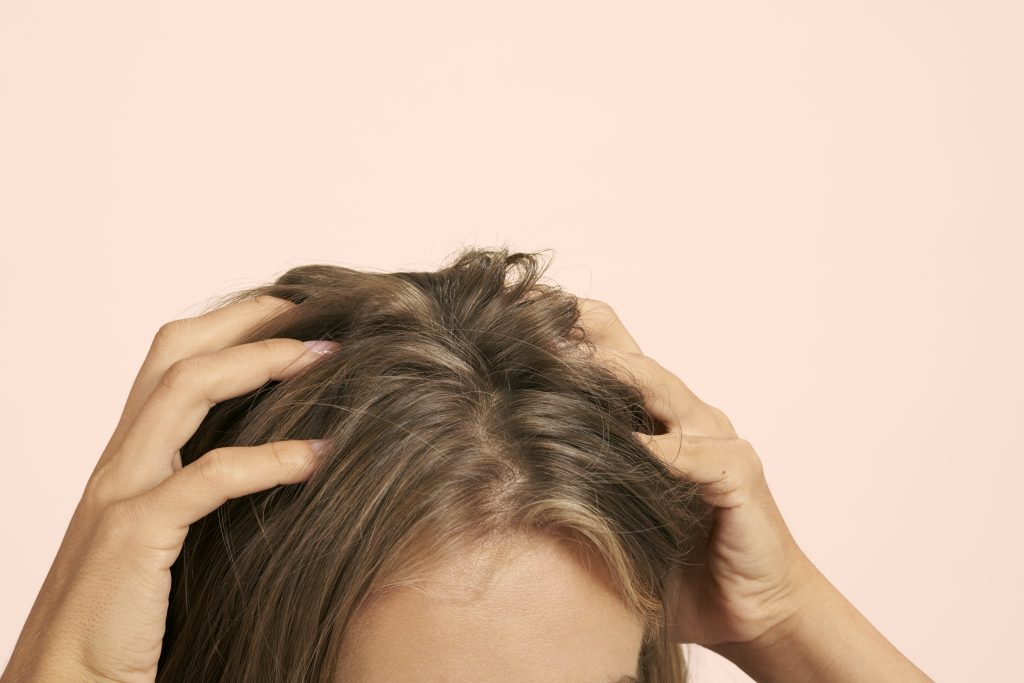What is Jamaican Black Castor Oil?
Jamaican black castor oil is produced by roasting castor beans prior to pressing. The scientific name for the castor plant is Ricinus communis plant, and it is native to India, East Africa, and the periphery of the Mediterranean.
What is Jamaican Black Castor Oil Good For?
Like cold-press castor oil, JBCO is rich in ricinoleic acid along with 17 other fatty acids. Most notably, ricinoleic acid is believed to help stimulate healthy, stronger, and potentially faster hair growth by boosting circulation in the scalp, while also fortifying the ends of hair strands and trapping moisture inside each strand. However, like many other products with claims to hair growth, science has not put a stake in these claims. Historically, though, continued use of castor oil and JBCO has led users to believe said claims.
Jamaican Black Castor Oil (JBCO) vs. Castor Oil
JBCO has a darker color than “regular” yellow or pale castor oil, and has a thicker consistency than its also-dense counterpart. The roasting process gives the Jamaican black castor oil some unique benefits, too. Arriola points out that it is more alkaline than cold-pressed castor oil (meaning it has a higher pH level, due to the ash present in the oil). This gives JBCO more muscle for cleansing and purifying the scalp and hair. It is also believed to penetrate the hair shaft more easily, thanks to its ability to open the hair cuticles. That means the ricinoleic acid and 18 fatty acids present in castor oil are penetrating faster and more effectively in a JBCO formula.
For these reasons, Arriola advises using JBCO more at the scalp and the base of the hair shaft, where the purifying needs to happen. “Both seem to be beneficial for hair growth and use on the scalp,” he iterates, “but the purifying properties in Jamaican black castor oil seem to give it the edge there.” Cold-pressed castor oil would be better suited for overall conditioning, frizz defense, and split-end protection, he says, since you don’t necessarily want to open the cuticle and should instead focus on hydration retention.
What are Jamaican Black Castor Oil Benefits for Hair?
Jamaican black castor oil is one of those universally good hair care ingredients. It really only adds value, but in its purest forms is better for targeting the scalp than the ends of hair. However, in carefully measured formulas, it remains a staple for all hair types—even those prone to frizz. Its humectant abilities to trap moisture tend to outpace its cuticle-opening abilities, says Arriola, so don’t hesitate to apply it throughout your ends if a brand recommends as much. “It works wonders against breakage and split ends, above all,” he says. “When you get down to the basics, it mirrors the benefits of castor oil, far more than contrasting them.”
Always made to order. Never made to waste.
Exclusive Trial Offer Get 60% Off + Free Gift
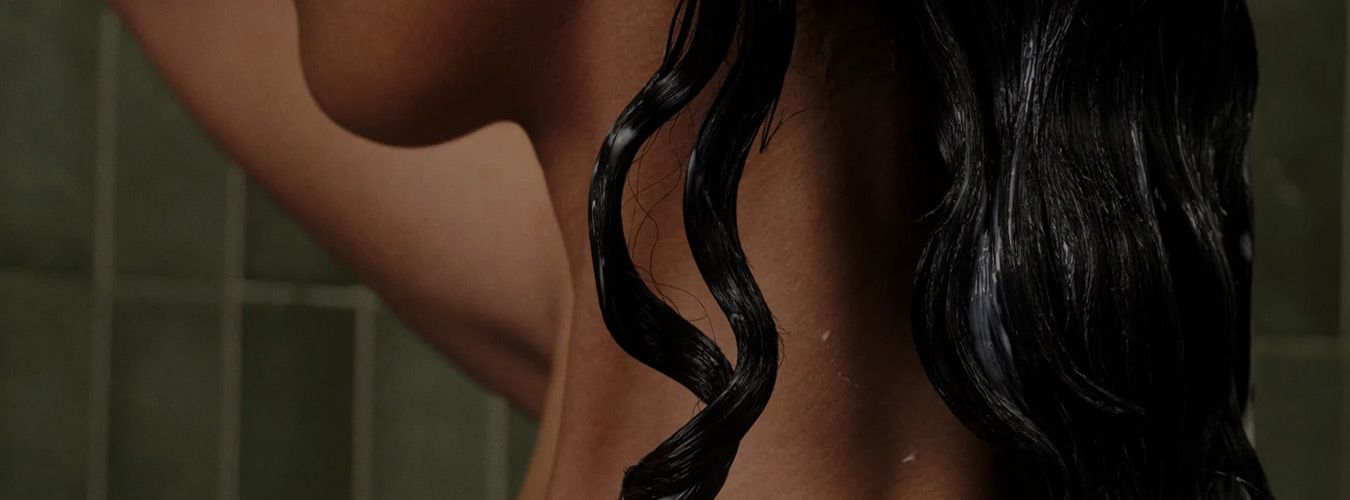
How to Use Jamaican Black Castor Oil for Hair
How you use Jamaican black castor oil depends on the product in play. If it’s a hair treatment, then you will likely massage the product throughout the mids to ends of the hair. However, if it is a scalp treatment, then you will target the roots and scalp. If you’re using pure oil extract, then test a drop on your inner arm before applying across the scalp. With pure oil blends, you can apply a few drops to a freshly cleansed, dried scalp (before bed, or in the morning). It should absorb quickly, without much interference in your styling regimen. However, most people would probably opt for bedtime application to avoid overlap with their daytime styling routine, Arriola adds. Either way, place a few drops around the scalp and carefully massage them in with your fingertips. Don’t fret if it drips down your forehead; castor oil and JBCO are both non-comedogenic, so they won’t cause redness or irritation.
In this same form—if applying a pure oil for scalp-balancing purposes—then the objective is not to coat the entire scalp. “When you stimulate circulation in the scalp, the entire scalp benefits,” says Arriola. “It’s not just the spots where you dropped the oil onto the skin. Think of it as a boost of blood flow all around the head, between those spots. It’s one big boost, so as long as you apply a few drops along your hair part or at different corners of the scalp, you’re set.”
How Often to Use Jamaican Black Castor Oil
How often you use Jamaican black castor oil also depends on the product you’re using. If it’s a pure JBCO formula, then spread out your applications—once weekly, to start, perhaps less time between uses after that. You should use other scalp and hair treatments as directed—their concentration of JBCO like any other ingredients they include) will have been carefully measured and tested. Shampoos and conditioners can of course be used more frequently, assuming they aren’t deep-purifying or deep-conditioning treatments.
What Prose Products Contain Jamaican Black Castor Oil
You can find Jamaican black castor oil in Prose’s Curl Cream depending on your consultation results. If you’re looking to hydrate hair while controlling any unwanted frizz, JBCO will surely be a star ingredient in your haircare routine. To capitalize on all that this powerhouse ingredient has to offer, take the Prose consultation here.

